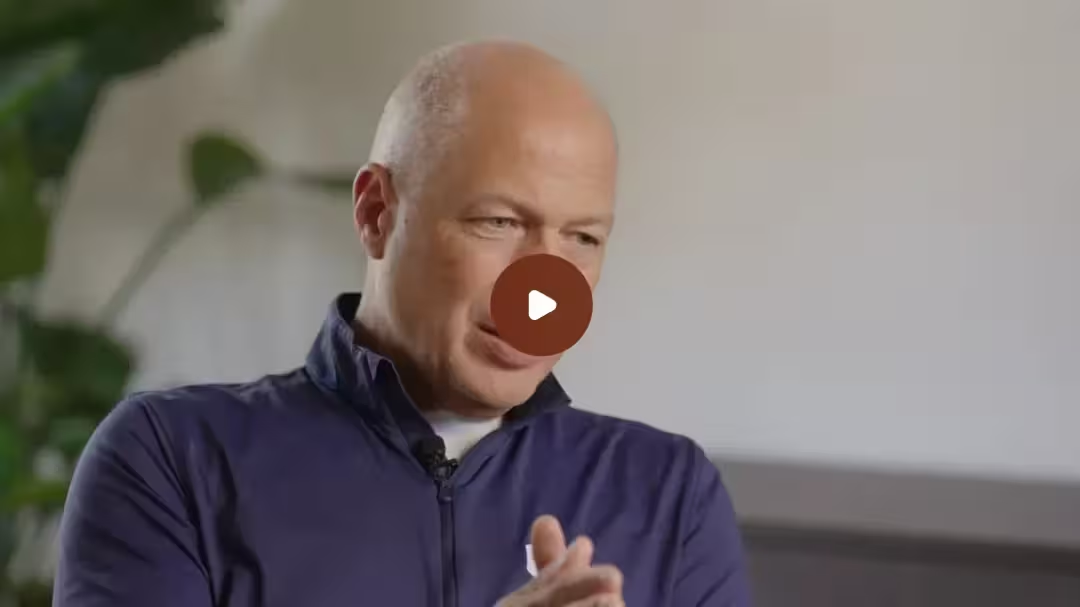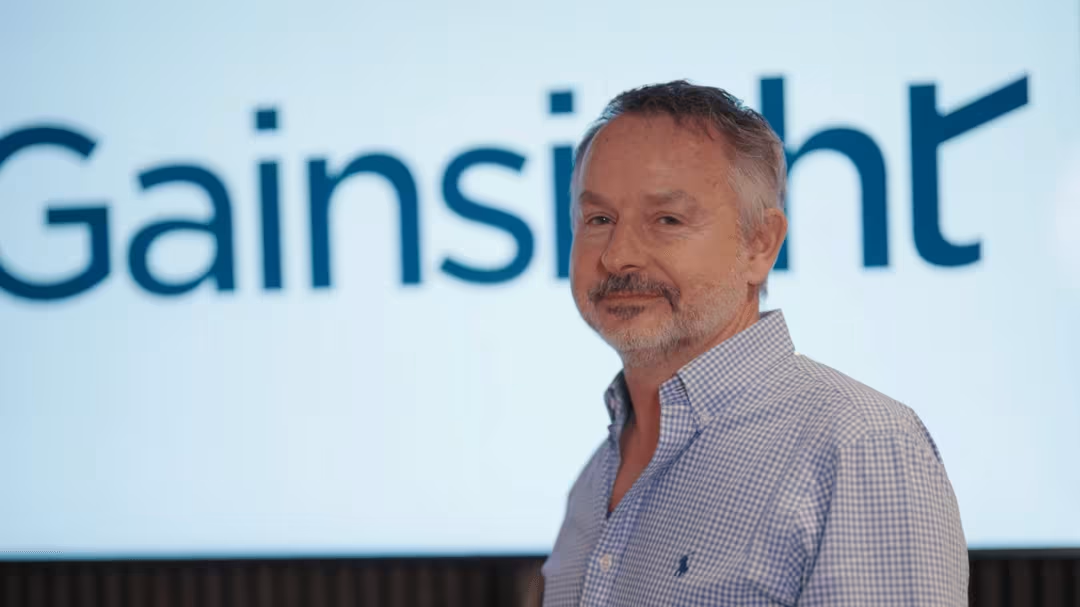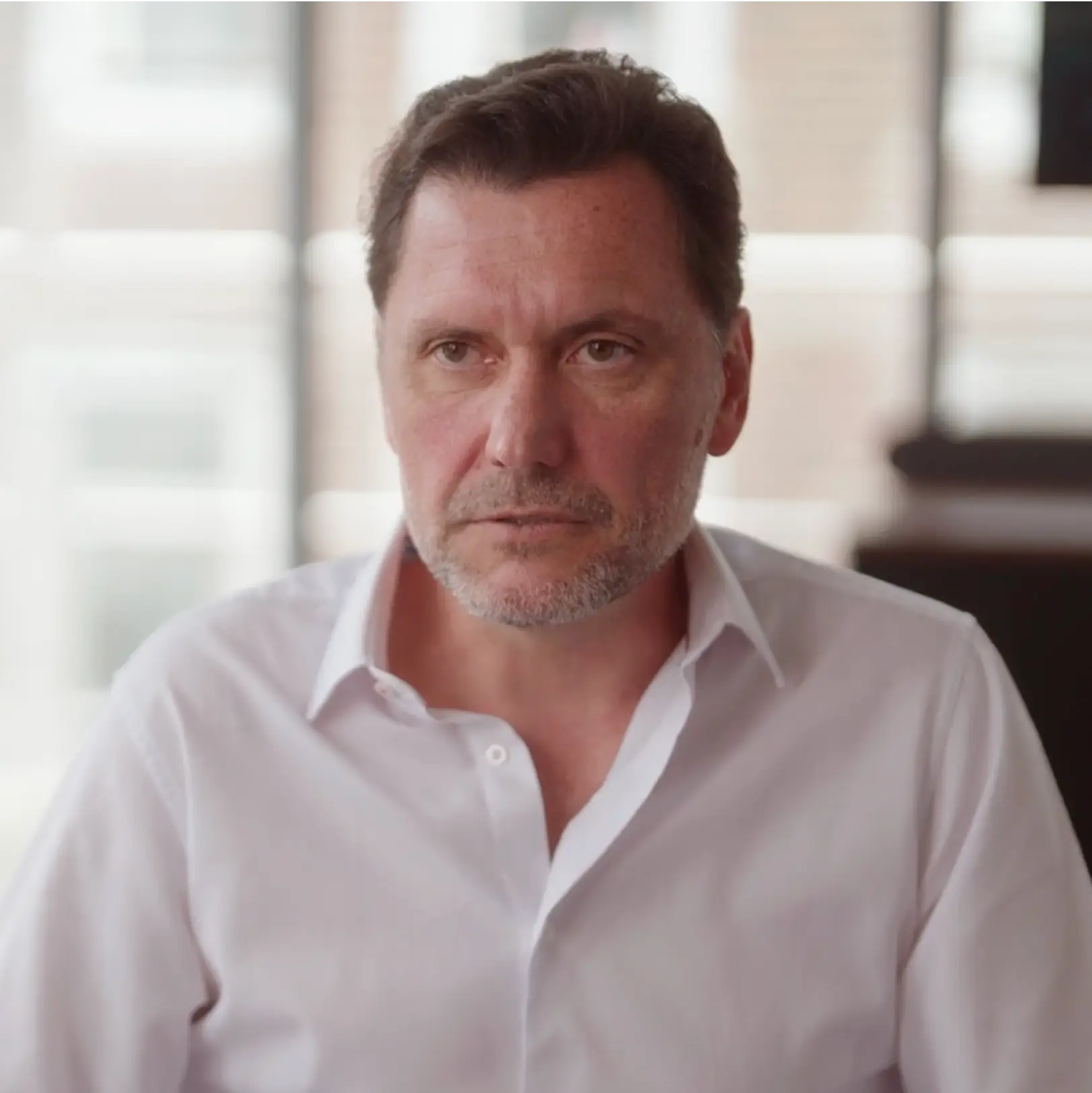Rory Brown (RB): Thank you so much Krystal for joining me today. To start off with it would be great to get a feel of who is Krystal Diel and how did you get into sales ops in the first place?
Krystal Diel (KD): I got into sales operation by starting out as a salesperson. I was a young 18-year-old and I had the goal of becoming a personal trainer. I studied, got my certification, I applied for a local gym, and was hired shortly after.
Unbeknownst to myself, personal training wasn’t just about personal training. It's about having to sell your service in order to get clients. The job was 100% commission. I thought clients were just handed to you. I learned very quickly that I had to be able to provide value in order to get clients. One way I learned to provide value was through creating a repeatable process to take my prospective clients through.
By taking them through the initial consultation, which consisted of a five-step journey, I had a very high probability of signing a new client. That was my first taste of like really seeing how a repeatable process could lead to repeatable results.
After several years as a personal trainer, I ventured into sales development. While personal training is a great industry, I was ready to take on a new challenge.
I had joined a company to be a sales development representative. In this role, I was able to transfer a lot of my skills from being a personal trainer into this new role. For example, I used frameworks for cold calls, discovery calls, and follow up so I could have a wash, rinse, repeat model. I was able to see success as an individual contributor, and also help members of my team do the same. After a year in the role, I was promoted to manager where I was able to train and coach the team to follow the frameworks in order to see repeatable success.
From there, I got recruited over to Capacity to manage their business development team and then moved into a Sales Operations role shortly after.
RB: What do you think you brought over from the sales leadership that you still use every day right now? Where you've gone from managing salespeople to a different sort of professional.
KD: It is different, yes. It is different because, when managing sales development representatives. I’d have the same type of conversations all the time. For example, we’d discuss how to overcome objections, how to properly log tasks/events in Salesforce, and to have developments to help round out the skills of the team as a whole and the individuals.
When I'm leading a team of sales ops professionals, there are less repeatable processes to follow when leading the team. It's really about what projects need to be completed and how I can help keep track of the progress on those projects.
In order for me to help manage the sales operations projects, I rely so heavily on Jira project management boards. I have to be able to have a clear vision of the goals we want to accomplish and translate it to Jira tickets. The goal is to have clear visibility into the projects that we're working on, where they are on their process, and, if they're getting stuck somewhere.
RB: Awesome. Today, we said we're going to talk about this concept of taking your B players and elevating them to your A players, and how the world of data and metrics fit into that scenario. To start things off, besides the obvious which is like ARR sales revenue, what defines how you pitch and haul an A player in the first place? What sort of things are you looking at?
KD: In the A player, I’m looking for attitude and behaviour. For attitude, are they positive and do they have a problem-solving mentality? Instead of making excuses for why things can’t happen, they are trying to find ways to be successful. Behaviour is about are they doing the things they need to do to be successful. ie. going above and beyond the metric expectations.
RB: Awesome. That's the qualitative side. What might you spot in the data and the metrics and the funnel that would back up whether they're an A player or not?
KD: Any time you are bringing on a new rep, you always set your expectations. "Here's your minimum viable expectations that you need to hit every single day, every single week, every single month in order to be successful." An A Player’s mind set is, "I'm not just going to hit those numbers, I'm going to go higher. Once I hit that point, I'm going to go higher than that because I know that just hitting the bare minimum is just going to give me bare minimum results."
Additionally, A-Players understand how their efforts impact their pay-check, the organisation, and how their actions impact customers positively. They're not just thinking about themselves, they're thinking about how the big picture also is impacted.
RB: Awesome. Once you've got your B players identified, what sort of things do you start to do to work out where each one individually needs to improve? How does that kind of prescriptive process work?
KD: First of all, it always starts with weekly one-on-ones. I think that that's something that can go by the wayside sometimes, but you have to be working with your team on a regular basis. One-on-Ones help you understand where your team member’s strengths and weaknesses are. When you do that, then you can start identifying what's one thing that they can work on, just one. That's another mistake that a lot of managers make. They try to do too many things at once.
A challenge I think some managers face is that they go too long in between one-on-ones, therefore when it’s time to start developing the rep’s skills, they try to fix everything at once which can be really overwhelming for the manager and for the rep.
It is important to only pick one thing to work on at a time. If it's like a call coaching situation, have them send you calls. Do those call reviews with them. This is just basic stuff, but it goes to the wayside.
What I love to do in a call coaching session is; say we're in a situation where we can be in a room, I like to break it down piece-by-piece to really analyse what is happening at each moment of a call. For example, a conversation between a rep and I may sound like this:
Manager: When you asked this closed ended question, the prospect said that they weren't interested. 1) Why do you think they responded to you that way? 2) What could you say differently, and how do you think they will respond to that?
Just by breaking it down piece by piece really helps with the rep recognize how their words impact the outcome of a call or meeting. They can become hyper aware of what might happen if they use the same close ended question they used before that got them to a not interested response.
RB: Awesome. If we go back to the call example which I really liked how you break down the process into its tiniest of parts with the individual reps. Do you ever bring you’re A-Players into those type of meetings?
KD: I love bringing my A players into a group session because as we are going through this process, sometimes, the B player is like, "Gosh, I can't even think outside of this," but the A-player will come like, "Oh, hey, here's how I did this and here's how I worked through that."
Then they can work together. They can contribute to each other and they can help each other grow. Being able to bring in those A players into a group discussion is so helpful because, one, as a manager, I can take a step back and say, "Wow, look how much you guys have grown." It's also that A player's opportunity to to be leader within the team.
RB: Awesome. Thank you for sharing that. One of the biggest challenges and probably one of the things that separate your Bs from your As is the consistency with which they perform. We all know salespeople can do this. What are some of the most effective things you've seen that can help bring about some consistency to life as a sales rep?
KD: A couple of things come to mind with this one. One, radical candor is very, very important. Two, again, I'm always going to fall back onto my one-on-ones because you'd never want to miss a beat in your communication with somebody. A lot of times, you can start seeing micro dips in their metrics, For example, call volume, email output, op creation decreasing, so being able to address that when you start seeing it early on is important. I think that it’s easy to talk oneself out of having a candid conversation with a rep, in hopes the problem will just resolve itself.
If you notice a dip, you have to address the dip with the rep, and understand what's contributing to it. It could be maybe they're bored, maybe they are looking at another job, or something at home/in their personal life. It's all about that communication, and it's all about not being afraid to address that elephant in the room being like, "Hey, I’ve noticed your call numbers have decreased significantly, is everything ok? Talk about it with your rep. .
Having that empathy and understanding conversation can really, really go a long way. Have the conversations often, and again during one-on-ones is the time to have those candid conversations.
RB: Awesome. I love that. One last question for you, and again, this is just referring to your last eleven months. What do you miss about being directly on the frontline with your reps.
KD: I definitely miss taking coaching a young sales professional from a B player into an A Player. I loved the one-on-one’s where I could help a rep work on their pitch, have them say it out loud many times until it felt right to them. I loved pushing them outside of their comfort zones so they could grow as a sales professional. However, I still get the opportunity to coach, but it’s a little different, instead of working on a sales pitch we work on increasing problem solving and cross departmental communication.


.svg)
.svg)
.svg)
.svg)










